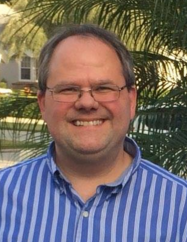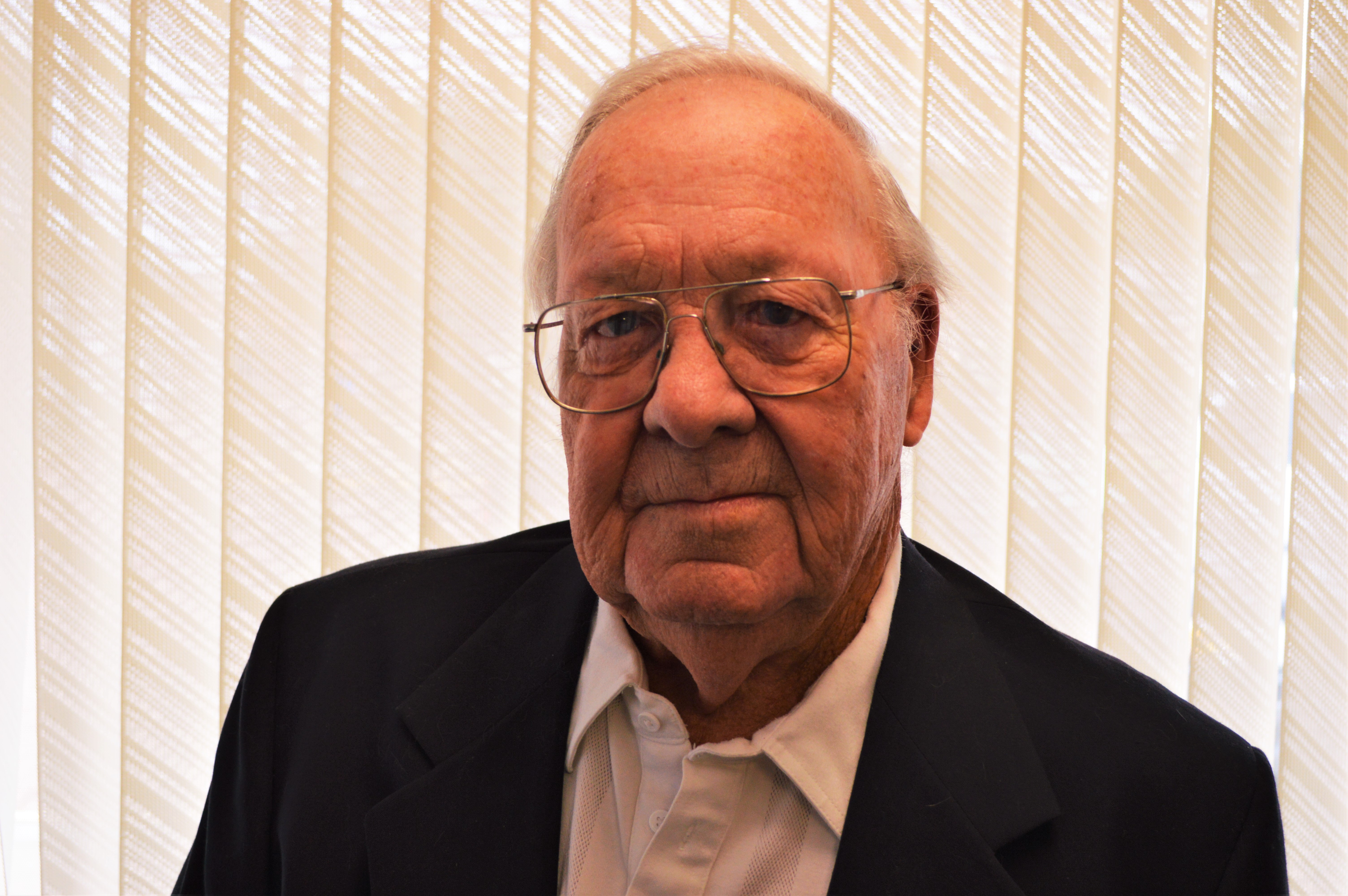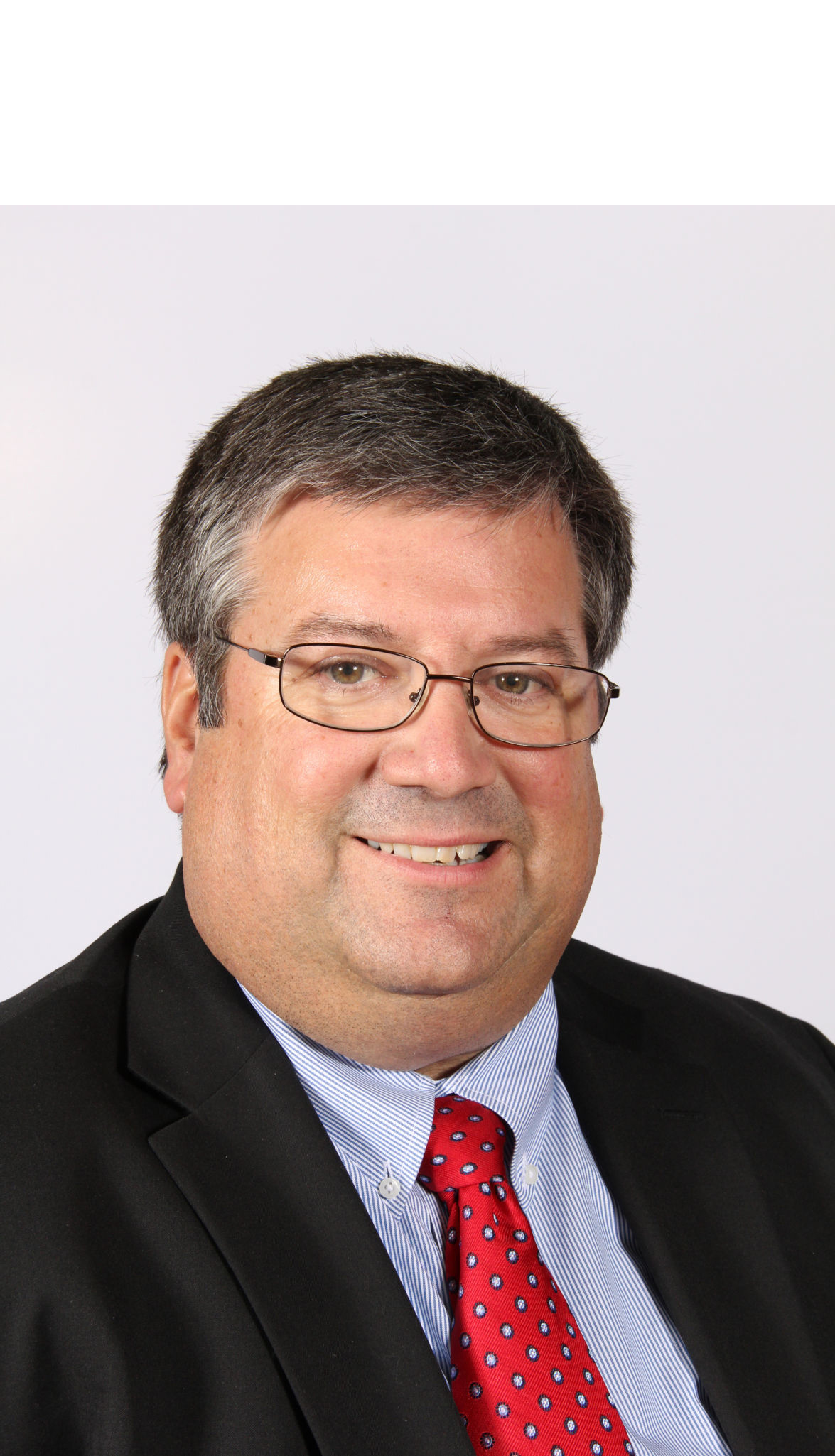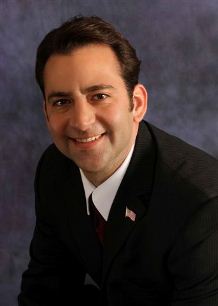
February is a busy month at the Ellis County Extension Office. This month we are offering a variety of helpful learning opportunities for local residents. Check out these upcoming programs and take note of registration deadlines for the best pricing options.
Regional Extension Estate Planning Workshop– Tuesday, February 21, 5:30-9:00pm, KSU Ag Research Center Auditorium, Hays. Pre-Registration by February 13: $20/person, $15 for additional family members, meal included. Late registration after February 13 or at the door: $30/person (meal not guaranteed for walk-ins.)
The workshop will outline a road map for getting started, the do’s and don’ts of estate planning, farm and small business transition planning, and numerous resources to aid you along the way.
Program presenters will be Stacey Seibel, Hays attorney; Mark Wood, Kansas Farm Management Economist; and Anna Schremmer, Phillips-Rooks District Extension Agent.
See the agenda, register, and pay online and at www.northwest.ksu.edu under Events. For questions or more information, call the Ellis County Extension Office at 785-628-9430.
Know the 10 Signs of Alzheimer’s Disease- Wednesday, February 15, 12:00 noon, Extension Office Meeting Room, 601 Main Street, Hays. Bring a lunch to enjoy during this free program, if desired.
In the US, 1 in 3 senior citizens dies with some form of dementia. Alzheimer’s disease is the 6th leading cause of death and accounts for 60-80% of all dementia cases.
While there currently is no cure for Alzheimer’s, it is valuable to be aware of the common warning signs of the disease and seek early medical evaluation and diagnosis if there is concern for yourself or a loved one.
This presentation by Jamie Rathbun, Midway District agent, will review the 10 signs of Alzheimer’s disease and the benefits of early detection.
Please register in advance for this program at 785-628-9430 or [email protected] to ensure adequate materials. A minimum attendance is needed to hold this program.
Quantity Food Safety for Volunteer Groups- Wednesday, February 15, 6:00-7:00 pm, Ellis Library in Ellis. Register in advance at the Ellis Recreation Commission, 785-726-3718.
Food is a great way to bring people together, and selling food is often a key way for nonprofit groups to raise funds for their activities. However, cooking large quantities of food for events such as fundraiser dinners, concession stands or community meals is different than cooking for a family.
For example, do you know if you need a license for your food event? Can you be inspected? Does your group use a food thermometer to check food temperatures and do you know how to calibrate it?
At this program, volunteers will learn the important food safety steps to take when preparing food for a large crowd from planning and shopping to preparing, serving and handling leftovers. All who attend will receive a checklist for quantity food safety at volunteer events. Linda Beech, Ellis County Extension Agent and certified food safety instructor, will be the speaker. A minimum attendance is needed to hold this program.
Farmers Market Vendor Training- Friday, February 17, 9:00 a.m. to 3:00 p.m., KSU Ag Research Center Auditorium, Hays. The $20 cost includes lunch; meal cannot be guaranteed for walk-ins.
K-State Research and Extension will team up with the KS Department of Agriculture and KS Department of Health and Environment to offer this training workshop for farmers market vendors and managers.
Topics include successful farmers market vending, beekeeping basics, regulations for selling meat, eggs and poultry direct to consumers, food safety inspection requirements and more. Vendors can also bring their sales scale to be tested and certified FREE by the Kansas Department of Agriculture.
Register and pay online at www.FromtheLandofKansas.com/FMConference or contact the Ellis County Extension Office for more information.
Board Leadership Series- February 21, 23, 28, March 2, 6:00-8:00 p.m. at the Extension Office meeting room, 601 Main, Hays. Pre-registration is required by February 10. The cost is $40 for all four sessions. Each registration buys one seat at each session which can be rotated by participants, if desired.
This workshop series will provide an opportunity to learn the basics of being a good board member. Whether you are a member of a church board, a township board, a United Way agency board, or a rural water board, this training is appropriate for you.
Topics include roles and responsibilities of board members, holding effective meetings, conflict resolution, fiscal responsibilities, fundraising, and strategic planning. Workshop participants will meet at sites throughout the state to take part in web-based instruction and locally facilitated discussion. Registration includes refreshments and a Board Basics workbook.
There’s lots to learn in February with K-State Research and Extension. Contact the Ellis County Extension Office, 785-628-9430, for questions or details on any of these upcoming programs. I hope you’ll plan to join us!
Linda K. Beech is Ellis County Extension Agent for Family and Consumer Sciences.
























